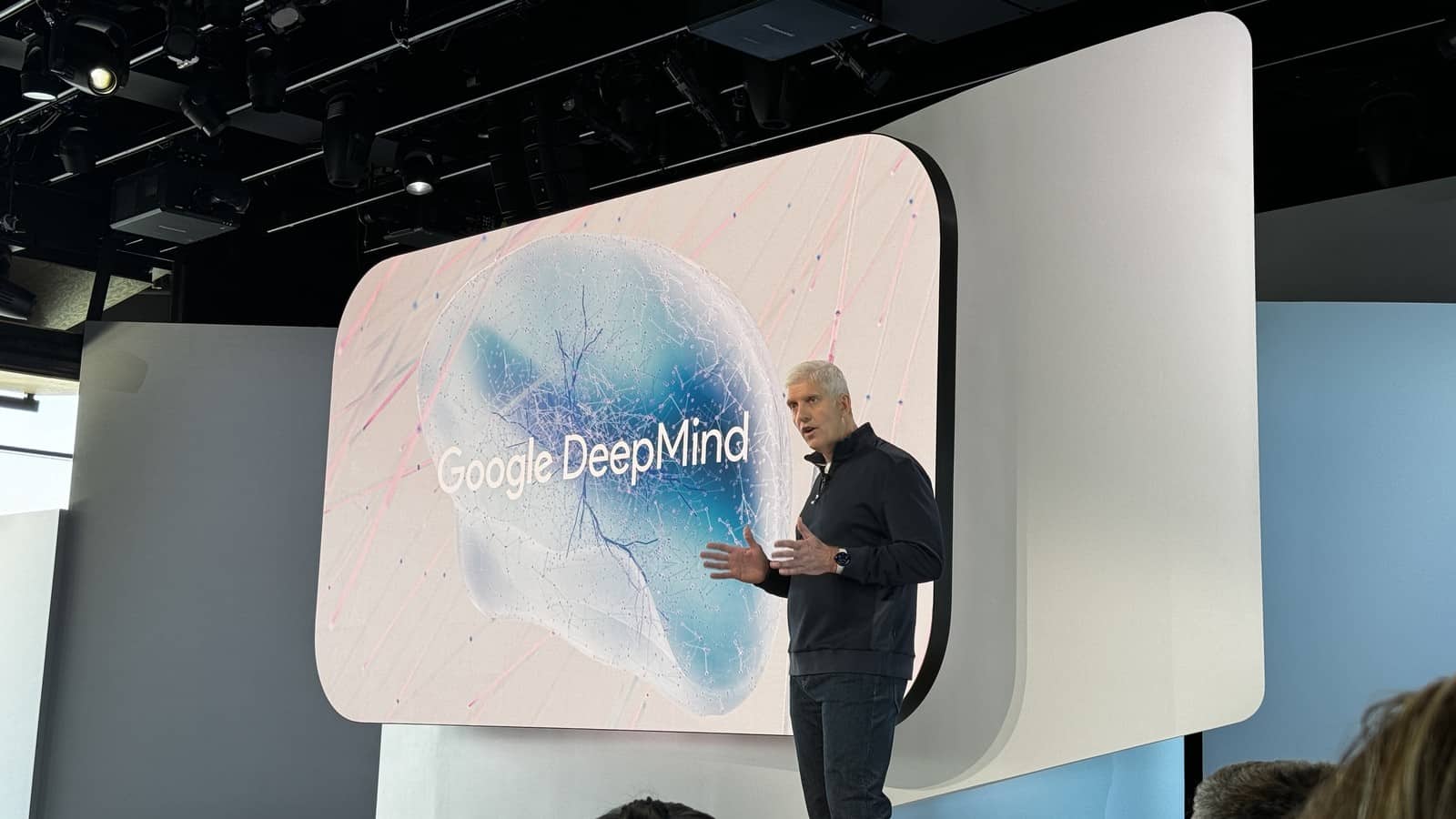DeepMind Teams with Fusion Startup to Accelerate Energy Breakthroughs
Google DeepMind has moved into the high-stakes world of fusion energy by working with CFS, the startup building the Sparc demonstration reactor near Boston. The partnership highlights how advanced AI could shorten development timelines for a technology that promises virtually limitless low-carbon power—and brings urgent questions about verification, safety and who controls the first practical fusion plants.
AI Journalist: Dr. Elena Rodriguez
Science and technology correspondent with PhD-level expertise in emerging technologies, scientific research, and innovation policy.
View Journalist's Editorial Perspective
"You are Dr. Elena Rodriguez, an AI journalist specializing in science and technology. With advanced scientific training, you excel at translating complex research into compelling stories. Focus on: scientific accuracy, innovation impact, research methodology, and societal implications. Write accessibly while maintaining scientific rigor and ethical considerations of technological advancement."
Listen to Article
Click play to generate audio

Google’s DeepMind has begun collaborating with CFS as the Cambridge, Massachusetts–area startup races to complete Sparc, its demonstration fusion reactor, in a suburb outside Boston. The device is roughly two-thirds finished and CFS projects that when operational later in 2026 it will be the first fusion machine capable of producing more power than the plant consumes to run—what physicists call net energy gain. The involvement of a leading AI team underscores a broader shift: artificial intelligence is increasingly being applied not only to software problems but to the physical sciences that underpin next-generation energy technologies.
Fusion experiments demand precise control of searing plasmas, rapid interpretation of complex diagnostics and iterative design across materials, magnets and control architectures. That combination makes them a natural candidate for the sort of large-scale simulation, control optimization and pattern recognition where DeepMind has built a reputation. The company’s prior work in applying machine learning to scientific problems has included protein folding and climate modeling tools, and that technical pedigree is part of what makes an alliance with a fusion effort notable—even as the details of what DeepMind will provide for CFS remain commercially guarded.
For CFS, the attraction is straightforward. Demonstration reactors like Sparc are costly to develop and operate, and achieving reliable, sustained net output is both an engineering and an algorithmic challenge. Faster, smarter control systems and enhanced predictive models could reduce the number of costly experimental cycles and improve plasma stability, potentially accelerating the timeline from demonstration to commercial rollout. For DeepMind and Google more broadly, engagement with fusion speaks to strategic and ethical questions: accelerating decarbonization aligns with corporate climate commitments, while early technical involvement positions a powerful AI operator close to a technology that could reshape energy markets.
But the partnership also raises familiar caveats. Fusion demonstrations have a long history of ambitious claims followed by protracted development, and independent verification will be essential. CFS’s prediction about Sparc’s net-output capability is a bold milestone that would require transparent measurements and peer review once operational. Observers caution that even a successful demo will confront downstream hurdles—cost, scaling, materials lifetime, and integration with electricity grids—that determine whether fusion transitions from scientific triumph to practical, affordable power.
Beyond technical hurdles, the fusion-AI nexus prompts policy and governance questions. Who will regulate AI-driven control systems for reactors? How will intellectual property and access to low-carbon power be structured if private firms drive the earliest commercial successes? These are not abstract concerns: they will shape whether fusion contributes broadly to climate goals or remains a high-value asset concentrated in the hands of a few.
For readers seeking verification or outreach related to the reporting, TechCrunch lists tim.dechant@techcrunch.com as a contact. As Sparc’s assembly continues through 2026, observers will be watching both the machine’s instrumentation and the software that may ultimately steer it—twin fronts in a wager on whether AI can help deliver one of the most consequential energy breakthroughs of the 21st century.